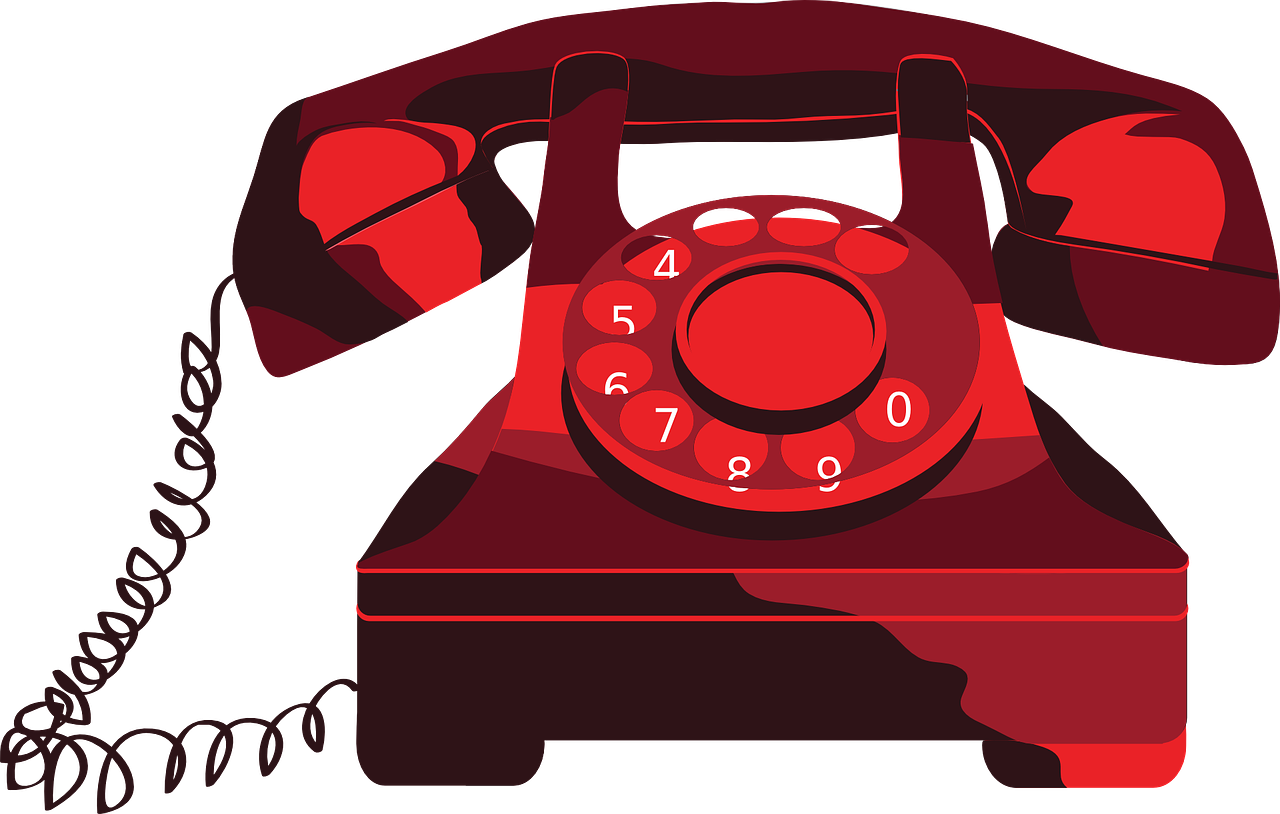By Donna Mischke, Director of Family Services at Concierge Care Advisors
My Mom called me again today and let me know about the latest phone call she received from alleged scammers trying to obtain bank account information from her. It seems she gets at least 3 to 4 calls weekly either from telemarketers or someone trying to sell or obtain personal information from her. Thankfully, she has heard me tell her many times to never give personal information over the phone. She has become particularly good at either hanging up or refusing to give up any information. I also have instructed her that if she ever believes the call might be legit, to call me first and I will research the matter to make sure the people on the other end of the phone are exactly who they say they are.
Unfortunately, financial scams targeting the elderly have become so common that they are now referred to as the crime of the 21st century. Many seniors have a significant amount of money and scammers are constantly thinking of new and improved ways to take advantage of people. Even seniors who may not have big bank accounts are targeted, and statistics show that over 90% of reported elder abuse is often committed by a family member. This type of abuse can be devasting to older adults and leave them in a very vulnerable position.
Seniors are frequently the target of scams because they may be lonely or willing to listen and more trusting of people. Many fraud schemes are executed over the phone. The hard part is that the people performing these scams are good at what they do and have perfected their skills, making the situations very believable. Many very educated and young people are easily scammed daily so its not just the elderly population falling for these schemes. Fraudsters prey on the elderly mostly because they can be more friendly, sympathetic, and willing to help.
Some of the most common scams targeting seniors include Medicare, counterfeit prescription drugs, funerals, anti-aging products, telemarketing, sweepstakes or lotteries and investment schemes. Another really popular one lately is called the grandparent scam where scammers will call the grandparent pretending to be a grandchild or friend of the grandchild needing money for a situation and begging the grandparent not to tell the parents. Unfortunately, the grandparent wires money and often never tells other family members making it easy for the scammers to get away with this repeatedly.
I have always told my mother to never give anyone money without letting me check out the business or charity first. Not all seniors will have someone to investigate every situation for them but there are some basic guidelines to follow. Always question every company’s claims and motives. Remember, there is no product out there that is going to magically take years off your appearance or heal all your aches and pains. In general, I recommend never buying anything from a solicitor over the phone. This requires you giving them your personal and financial information, which should never be done.
There is a National Do Not Call Registry and by calling 1-888-382-1222 on the phone number you would like to register, you can help reduce the amount of telemarketer calls from that number. Remember, you will still receive unsolicited calls, but this may help lower the amount. Always monitor your bank statements and credit cards for unauthorized charges and notify the bank right away if you see any suspicious activity. Finally, remember that not all scammers are strangers and unfortunately a high percentage of fraud related abuse is at the hands of a family member. If you or a family member has been the target or victim of a scam, make sure and report it. You can contact your local Adult Protective Services agency or the Federal Trade Commission. If you are not sure which agency to report a scam to, you can call 1-800-677-1116. This is a government sponsored national resource line to assist determining which agency might be the best for your situation.

























